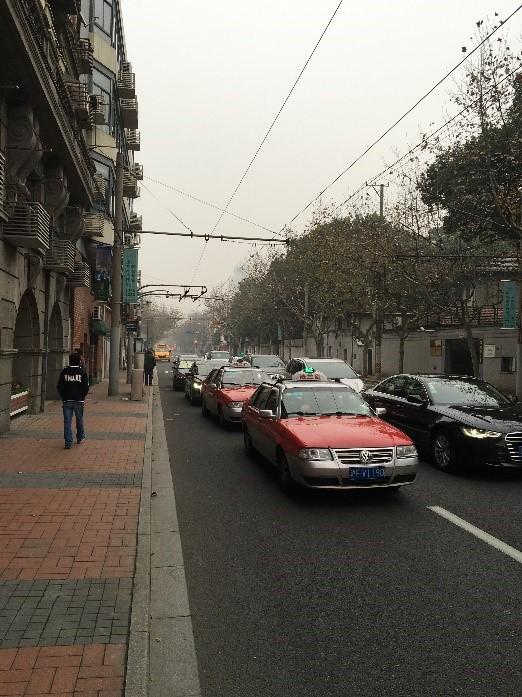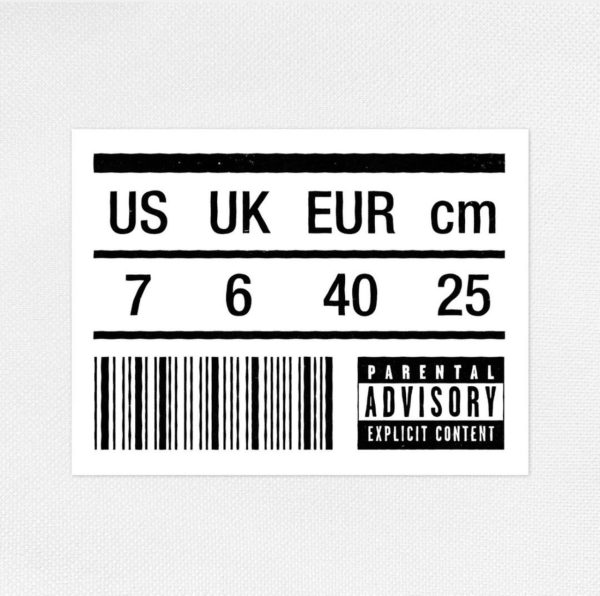China’s Pollution: How Air Pollution Impacts Those in Cities
A street in Shanghai. China, along with those of other advanced countries such as the US and Great Britain, emits large amounts of carbon dioxide and other toxic industrial wastes each year.
China, along with those of other advanced countries such as the US and Great Britain, emits large amounts of carbon dioxide and other toxic industrial wastes each year. With factories that still burn coal as their main energy source, hazardous air pollution increases in urban areas of China.
“Made in China,” a phrase well known to many Americans, represents China’s international state as the world’s manufacture hub. Factories are not impervious to making mistakes in taking care of toxic wastes and, the health issue of China’s denizens is controversial. Some people think the issue is endemic to industrial areas only, while others believe that the central Chinese government should enforce stricter regulations.
The Willistonian recently had ther opportunity to speak with Mike Miringoff, uncle Teddy Wolfe ’16. Mr. Miringoff is a U.S. citizen who used to live in San Diego, but he moved to Shanghai in 2011. Mr. Miringoff spoke about his adjustment to the polluted environment. “We do not go out as much on the really bad days and avoid exercising outdoors. We take precautionary measures such as wearing a mask on the worst days,” he says.
Mr. Miringoff added, “The air quality can affect how you feel and can cause coughing, shortness of breath, headaches, lightheadedness, and overall just not feeling great.The Willistonian recently had ther opportunity to speak with Mike Miringoff, uncle Teddy Wolfe ’16. Mr. Miringoff is a U.S. citizen who used to live in San Diego, but he moved to Shanghai in 2011. Mr. Miringoff spoke about his adjustment to the polluted environment. “We do not go out as much on the really bad days and avoid exercising outdoors. We take precautionary measures such as wearing a mask on the worst days,” he says.
According to Mr. Miringoff, there is “regulation on businesses and in Beijing where the air quality is the worst they have an odd-even driving policy so everyone cannot drive on the same day to alleviate the daily air condition.” Despite the effort of the government to mitigate the harmful atmosphere, it is not an easy problem to fix.
Another Shanghai resident and a current Williston student, Kevin Li ’16 pointed out that “air pollution can be a local problem, but can also be a global issue since we do not live in isolation. Any other environmental issues, such as other forms of pollution and global warming, are equally crucial problems that relate to and can affect our everyday life and health.” Air pollution is a conundrum that not only Chinese government faces, but also the world faces.















